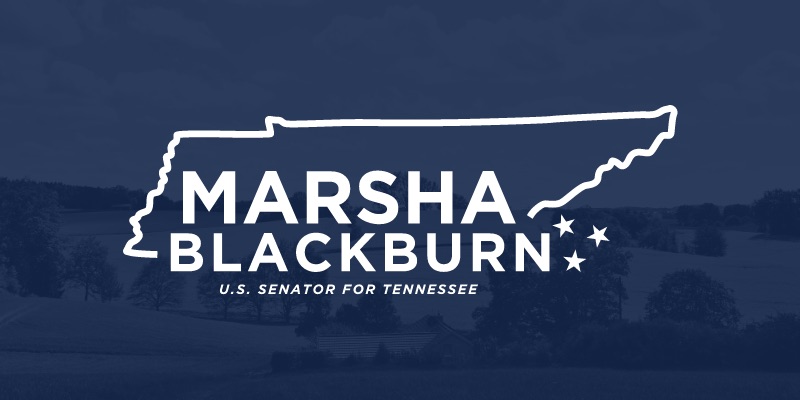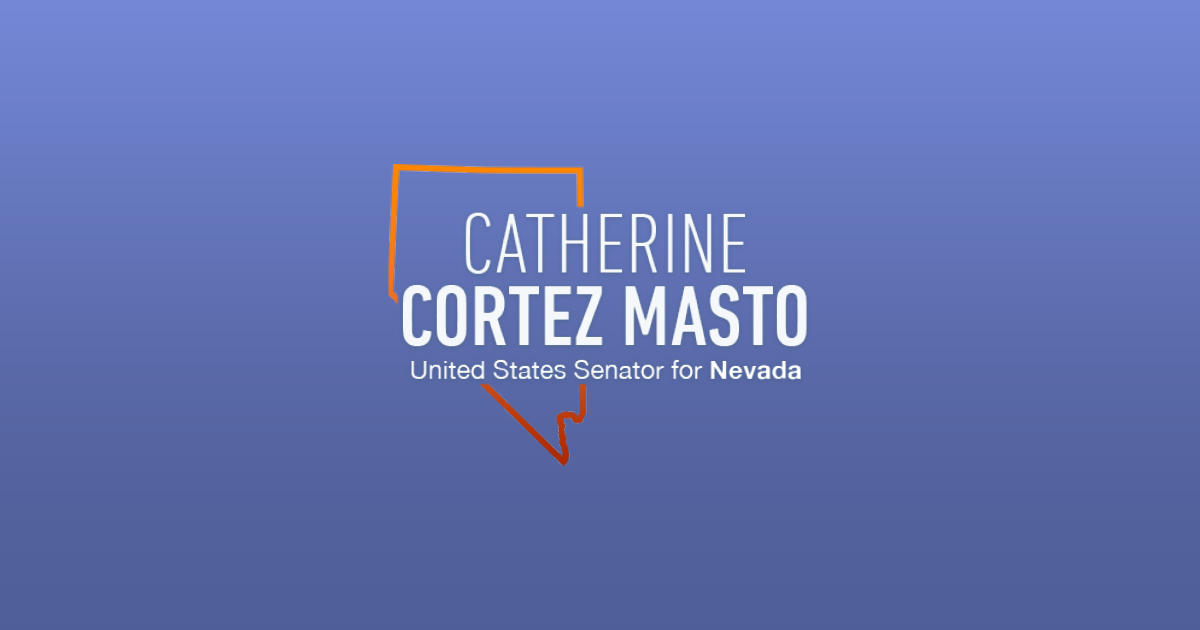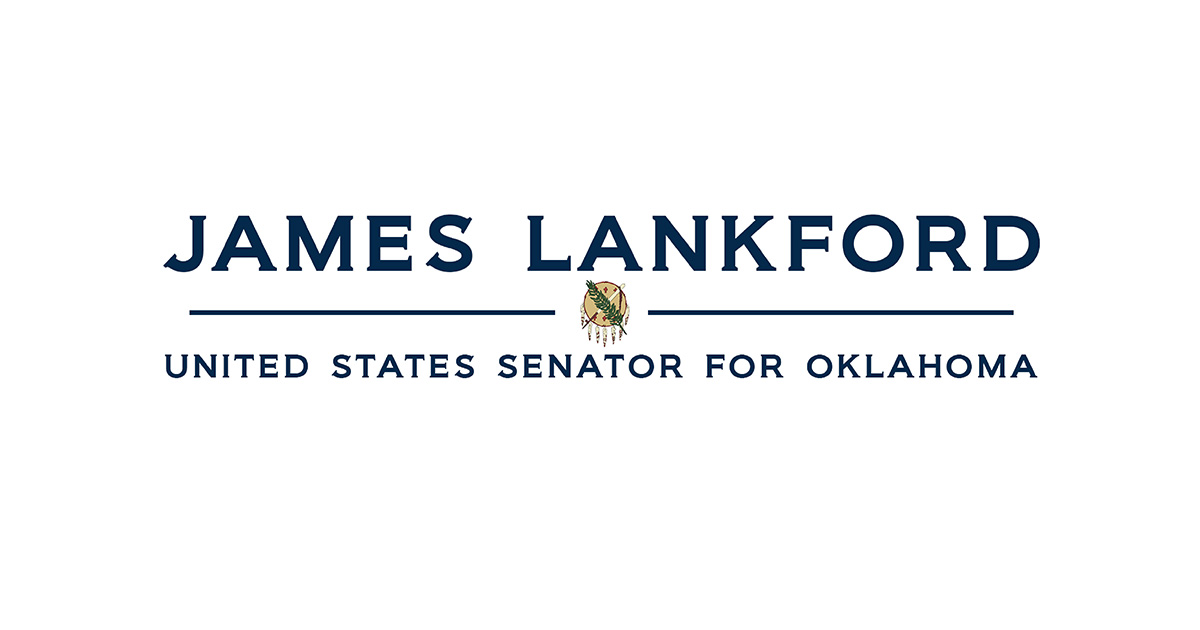Source: United States Senator for Oklahoma James Lankford
10.19.22
OKLAHOMA CITY, OK – Senators James Lankford (R-OK), Roger Marshall, M.D. (R-KS), Shelley Moore Capito (R-WV), and Marsha Blackburn (R-TN) sent a letter to the US Food and Drug Administration (FDA) questioning the agency’s response to stopping the opioid epidemic. The letter follows industry feedback on the FDA’s lack of communication and clarity regarding its guidance for the development of new non-addictive pain medicine. The FDA’s guidance has had a significant impact on manufacturer development timelines and potential new treatment options for both patients and health care providers.
In their letter, the Senators wrote in part,
“The opioid epidemic affects millions of Americans. Since 1999, more than 932,000 people have died from a drug overdose, and the rates have only accelerated in recent years… While FDA has made efforts to confront the opioid crisis over the past several years, opioid addiction, abuse, and misuse remain major public health issues across the country… In February, FDA issued the guidance providing recommendations to pharmaceutical manufacturers developing non-opioid analgesics for acute pain lasting up to 30 days… No new analgesic medications were approved in 2021. The few pain management drugs that were approved by the FDA in the immediately preceding years were primarily in migraine or postoperative pain indications… The need for better engagement is underscored by an industry report highlighting that clinical success in drug development has been extremely difficult for this therapy class… It is our understanding that this issue has not been resolved and has caused delays in development timelines and potential new options for patients… Now is the time to provide patients with safe and effective non-opioid alternatives to prescription opioids for pain management…”
The Senators concluded their letter with a series of questions for the FDA related to the agency’s efforts to fully execute provisions in the SUPPORT for Patients and Communities Act for developing non-addictive pain medications, and requested the FDA answer their questions no later than November 9, 2022.
Lankford remains actively engaged in the national conversation that continues to impact Oklahoma and the nation. In 2017, following the White House’s declaration of a national emergency for the opioid crisis, the Senate approved an additional $3.7 billion for cracking down on opioid abuse. Lankford also appeared in a documentary called Killing Pain focused on the impact of the opioid crisis in Oklahoma. In 2018, Lankford supported the passage of H.R. 6, the Opioid Crisis Response Act.
You may click HERE to read the Senators full letter to the FDA or read below.
Commissioner Califf:
The US Food and Drug Administration (FDA) serves a key role in accelerating the development and approval of breakthrough medicine to address unmet needs. None is more critically important than addressing the ongoing opioid epidemic. Physicians and other health care providers strive to keep patients out of the hospital and at home, healthy with their loved ones. Having the best tools and resources in their toolkit helps them achieve that mission. Therefore, we request the FDA prioritize new drug and device applications for non-opioid therapies for the treatment of pain and to help patients suffering from substance use disorder (SUD).
The opioid epidemic affects millions of Americans. Since 1999, more than 932,000 people have died from drug overdose, and the rates have only accelerated in recent years. However, substance use disorder and related deaths as a result of prescription opioids are decreasing. Specifically, synthetic opioids including fentanyl are killing more people than heroin or prescription opioids. This decrease can be attributed to physicians and other health care providers’ leadership in utilizing other treatments for pain and increasing patient awareness. In a recent report released by the American Medical Association, opioid prescribing continues on a downward trend. In fact, physicians reduced opioid prescribing in every state by nearly 50 percent. They also increased use of state prescription monitoring programs and other resources, some of which were provided by Congress.
Since the start of the opioid crisis, Congress has taken swift action to save lives, promote better alternatives for treating pain, and help patients with SUD on their road to recovery. And Congress frequently collaborated with the US Department of Health and Human Services (HHS) to achieve these goals. In 2017, the then-Acting HHS Secretary declared the opioid epidemic a public health emergency and announced a five-point strategy to reduce these rates. Among the strategies, HHS supported advancing the practice of pain management. Under the previous Administration, the FDA approved the first non-opioid treatment to help adult patients manage opioid withdrawal symptoms after non-use. Since its approval, health care providers have found it more helpful than previous methods. In a study published this year, nearly two-thirds of patients treated in an outpatient setting managed with this product reached opioid-free status at 30 days post-withdrawal. This result included patients discontinuing heroin and fentanyl and the medication achieved more success than previous treatment models. This treatment option also allowed for a better transition into long-term care including medications to treat SUD (i.e. Naloxone) and non-medication methods. In 2020, the FDA approved a new non-opioid combination therapy for patients suffering from mild-to-moderate pain of acute musculoskeletal disorders. It was approved two months ahead of the PDUFA goal date.
In 2018, the FDA Commissioner announced the agency would start to work on developing industry guidance to spur innovation on non-opioid therapies while Congress’ was collaborating with his team on new initiatives to include in the SUPPORT for Patients and Communities Act. This law is Congress’ most comprehensive response to the opioid epidemic. It included dozens of individual bills related to prevention, education, coverage, treatment, workforce, and law enforcement. Among the provisions, Congress directed the FDA to issue guidance to help address challenges in developing non-addictive pain therapies and foster the development of novel analgesic drugs by assisting sponsors with the development of non-opioid alternatives for acute and chronic pain management. They maintained active communication with prospective sponsors in mitigating potential uncertainty and risk for developing these products.
While FDA has made efforts to confront the opioid crisis over the past several years, opioid addiction, abuse, and misuse remain major public health issues across the country. And in the midst of the COVID-19 pandemic, FDA assured Americans that it would continue prioritizing the opioid crisis and use all facets in their regulatory authority to combat this growing threat.
In February, FDA issued the guidance providing recommendations to pharmaceutical manufacturers developing non-opioid analgesics for acute pain lasting up to 30 days. While the guidance specifically states that FDA “encourages early discussion of products that could eliminate or reduce opioid analgesic use and may be suitable for expedited reviews,” the current availability of non-opioid therapies for pain management remains alarmingly insufficient. This is especially true for treatment of chronic pain (including low back pain), which may present the greatest opportunity to avoid long-term opioid use and risk of addiction.
No new analgesic medications were approved in 2021. The few pain management drugs that were approved by the FDA in the immediately preceding years were primarily in migraine or postoperative pain indications. In reaching out to pharmaceutical manufacturers on the status of innovation of bringing non-opioid therapies to market, we learned that FDA has been unwilling to work collaboratively with sponsors to rapidly develop new product candidates. This was also stated in comments submitted in response to the guidance.
The need for better engagement is underscored by an industry report highlighting that clinical success in drug development has been extremely difficult for this therapy class. There is only a two percent probability of FDA approval from phase 1, compared to an overall 10 percent success rate across all diseases. The report also highlighted how private company investment, as measured by venture capital into US companies with lead stage programs in pain, is 3.6 percent of total drug development venture funding. For venture funding of novel R&D, pain has received 17 times less venture capital than oncology over the last decade.
It is our understanding that this issue has not been resolved, and as a result, it has impacted development timelines and potential new options for patients. We seek to hold FDA accountable for fully executing these provisions directed under the SUPPORT for Patients and Communities Act. We therefore ask that you provide a response to this letter with answers to the following questions:
- Regarding the guidance, has the FDA acknowledged issues outlined by industry stakeholders on FDA-sponsor engagement?
- Regarding the guidance, how will FDA reconsider the issue of potentially deincentivizing pharmaceutical manufacturers from developing non-opioid therapies for the indication of general or chronic pain?
- As stated in the PDUFA letter, the FDA agreed to enhance and expand communication with drug sponsors. How is FDA working to ensure agency staff are currently communicating with sponsors in a timely manner?
- Has FDA received new drug applications eligible for Fast Track, Priority Review, or Breakthrough Therapy designation for non-opioid products for pain management within the last four years? If so, how many have received designation for either Fast Track, Priority Review, or Breakthrough Therapy? How many applications have received final agency action? If not, how is FDA working with developers to provide a clear and predictable regulatory path to incentivize and encourage development of non-opioid pain treatments? How is the agency considering the risks and benefits for patients of non-opioid pain treatments given the potential public health benefit?
- What has the FDA done to achieve its stated goal of prioritizing the review and approval of non-opioid therapies for acute and chronic pain?
Now is the time to provide patients with safe and effective non-opioid alternatives to prescription opioids for pain management. The opioid crisis in this country cannot be successfully impacted without providing patients and physicians with better options for acute and chronic pain relief. We would appreciate a reply no later than Wednesday, November 9, 2022. Thank you for your attention to this matter. We look forward to your reply.
Sincerely,
###






